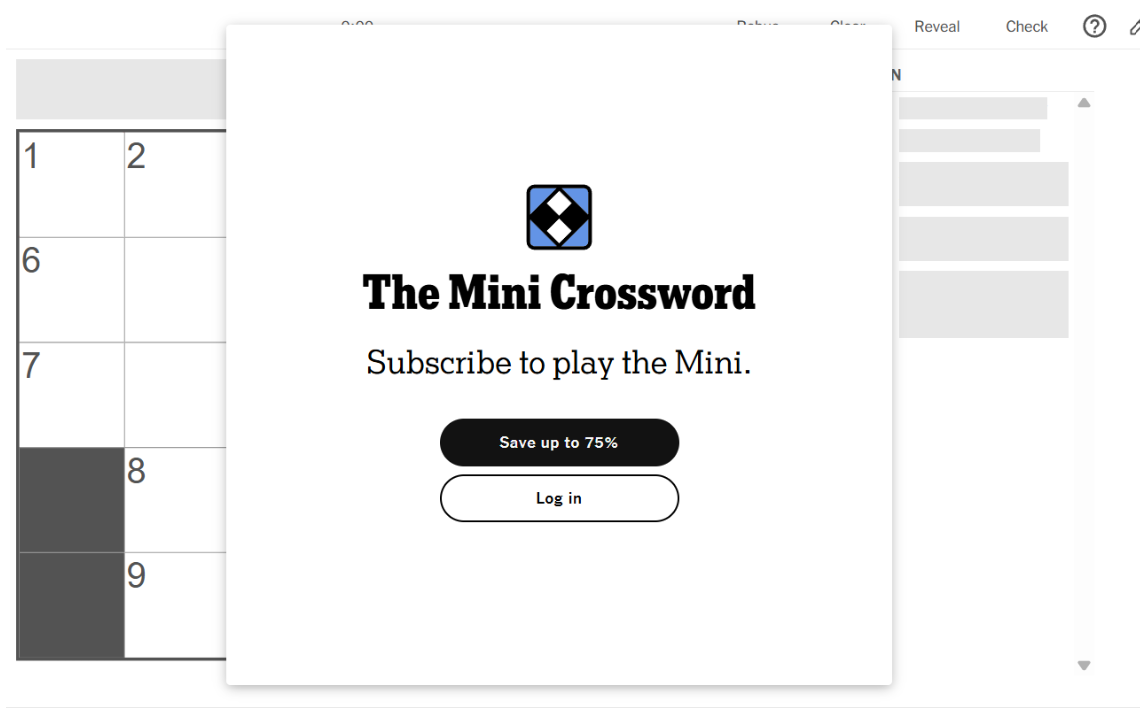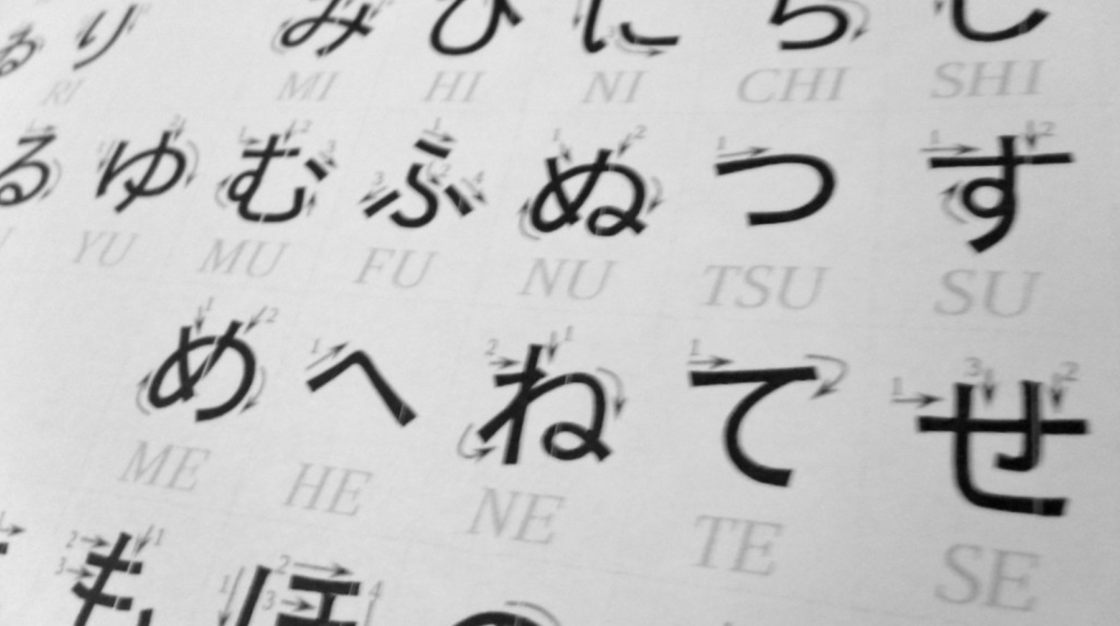There is one universal feeling almost every English student shares: hating poetry. Picture this: you are going about your day as normal, chatting with friends, as you enter the English classroom and see a Shakespearean sonnet on the board. Instantly, you panic. You desperately try to decipher Shakespeare’s supposed “words of wisdom,” wondering what he could possibly have meant when writing about “dumb presagers of my speaking breast” or how he yearns “to hear with eyes belongs to love’s fine wit” (Sonnet 23). After a few minutes of struggling in vain, you eventually come to the realization that his words are simply too elusive for you, a slightly below-average English student, to grasp. This continues on for another grueling month: reading Shakespeare’s writings about his disastrous love life while hopelessly trying to decipher this alien language. After all, who just casually drops the words “iwis” or “withal” in a poem? Eventually, you give up on trying to understand the nonsensical words of a babbling, hopeless romantic writing about how he will never find love in his sad, lonely life. In fact, you give up on reading poetry altogether, convinced that poets are all depressed individuals who never find love and instead experience sadistic joy in torturing high school English students with their ramblings.
However, you’d be happy to know that you are not alone. Students across the nation complain about having to interpret poems written in languages that were last used generations ago and were created centuries ago. Thus, they start developing a “contempt for poetry” after being faced with works that they both can’t relate to and can’t understand (Pusateri 18). This undermines the very purpose of English classes: to inspire a love for literature and help develop students’ critical thinking skills, nurturing a diverse worldview. After all, what insights can you really gain from reading about a long-dead lover who lived in Victorian England? Rather than inspiring students and encouraging them to read, forcing them to study archaic works like Shakespeare’s sonnets only serves to undermine a student’s confidence in their abilities and develop a resentment for poetry and even English in general.
Moreover, having students interpret these ancient relics of literature offers no real benefit to their English skills. In fact, critics like Catherine Snow, a Harvard literacy researcher, suggest that “older books may no longer be ideal teaching tools” (Larkin 25). For one, these famous pieces of literature present an extremely narrow viewpoint that not all students can relate to. Minority voices are often underrepresented, as most works that remain are from famous, wealthy, white authors, like Greek tragedians and poets. This means that students who come from different backgrounds don’t find themselves represented in these poems and books, and therefore often feel left out. This issue is important because many minorities face educational disparities that leave them less likely to receive a quality English education in the first place. Being forced to analyze works that they have no relation to and can’t identify with only worsens this problem and deepens the societal inequities surrounding education.
So, what’s the solution? If not Shakespeare, then who? One commonly proposed solution is to feature works from more contemporary languages. These poems and books are often written in modern-day English that more students can understand, making interpreting them seem less intimidating. This form of literature is also more relatable to students: it includes more minority voices and often discusses issues that are unique to the modern world and that students face every day. This means that by studying these works, English classes can better accomplish their goal of sparking student interest in the humanities. So in the end, one thing is clear: Shakespeare’s reign over English classes must come to an end.
Sources:
Shakespeare. “Sonnet 23,” 1609
NCTE. “A Student’s Petition for Poetic Justice.” National Council of Teachers of English, 20 July 2018, ncte.org/blog/2018/07/a-students-petition-for-poetic-justice. Accessed 18 Sept. 2025.
Larkin, Max. “Reading like It’s 1989.” Harvard Gazette, 15 Aug. 2025, news.harvard.edu/gazette/story/2025/08/reading-like-its-1989/.

















![Teacher [Milk] Tea: Part 2](https://bisvquill.com/wp-content/uploads/2024/03/Screen-Shot-2024-03-19-at-9.28.48-PM.png)


































